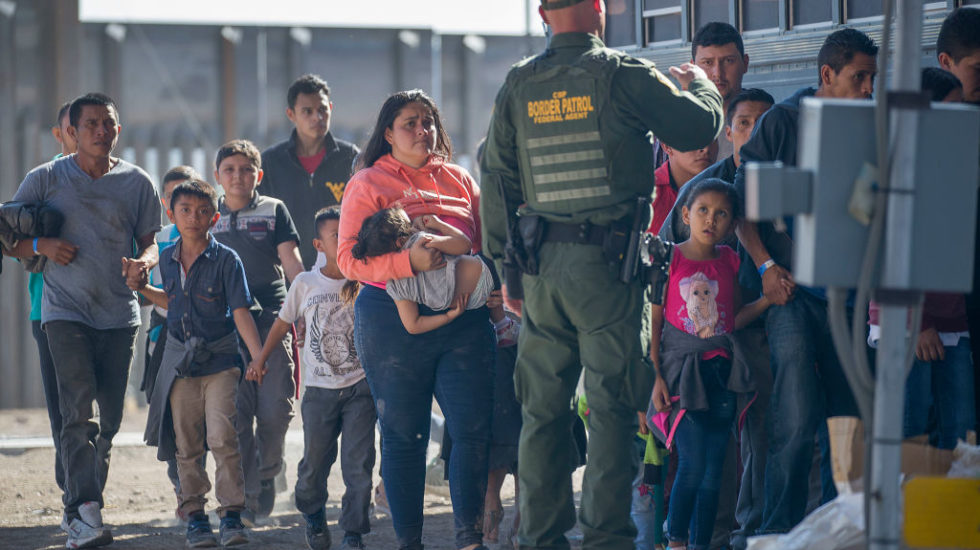Negotiations between the U.S. and Mexico over the migrant crisis appear to be edging toward a deal, reports the Washington Post.
There’s no firm agreement yet, but as now outlined, such a deal “would dramatically increase Mexico’s immigration enforcement efforts and give the United States far more latitude to deport Central Americans seeking asylum, according to a U.S. official and a Mexican official,” the Post says.
The two sources “cautioned that the accord is not finalized and that President Trump might not accept it.”
The negotiations were continuing Thursday in Washington.
“Faced with Trump’s threat to impose escalating tariffs on Mexican goods beginning Monday, Mexican officials have pledged to deploy up to 6,000 National Guard troops to the country’s border region with Guatemala,” the Post says, “a show of force they say will make immediate reductions in the number of Central Americans heading north toward the U.S. border.”
Also being discussed is a plan to dramatically overhaul asylum rules in the region.
Under that plan, the U.S. could “swiftly deport Guatemalan asylum seekers who set foot on U.S. soil to Mexico … [and] send Honduran and Salvadoran asylum applicants to Guatemala,” the Post says. In other words, asylum seekers would be returned to the first foreign country they entered on their way north.
While Trump’s threatened tariffs would surely harm the Mexican economy, they would have a major impact on several U.S. states and “could cause significant pain for American consumers and businesses, even those far from the southwestern border,” says the New York Times.
States likely to be hardest hit include Texas, California and Michigan, which “is actually the state that is most dependent on imports from Mexico,” the Times says, “largely because the automobile industry has set up complex … supply chains that send components and finished products back and forth across the border.“
The tariffs could also seriously impact Illinois, Ohio and Arizona.



